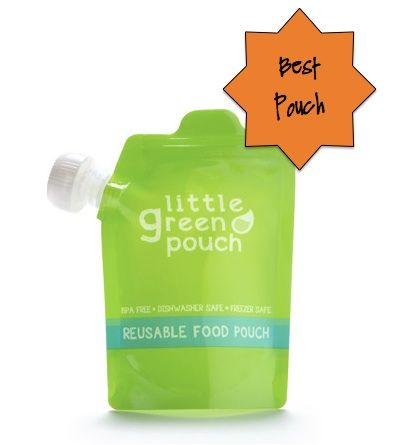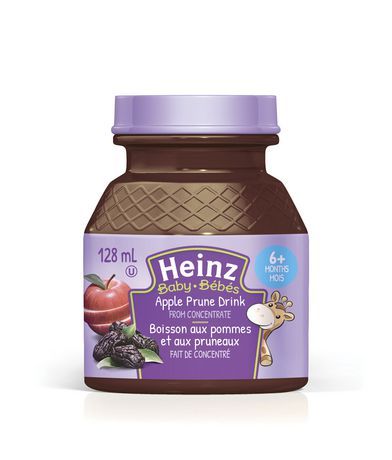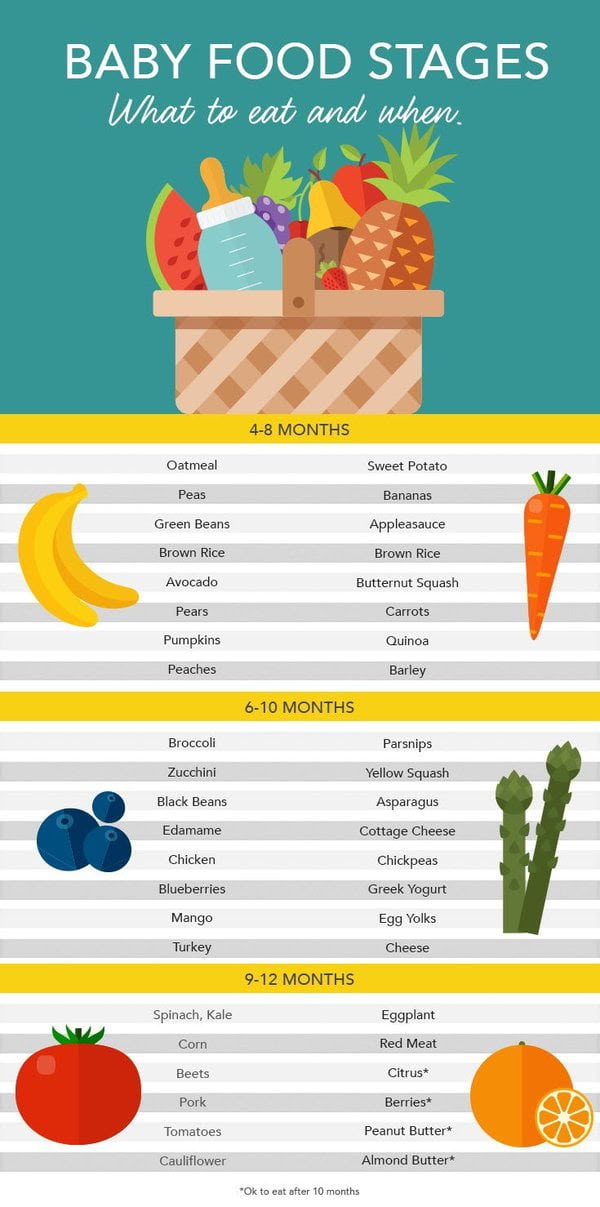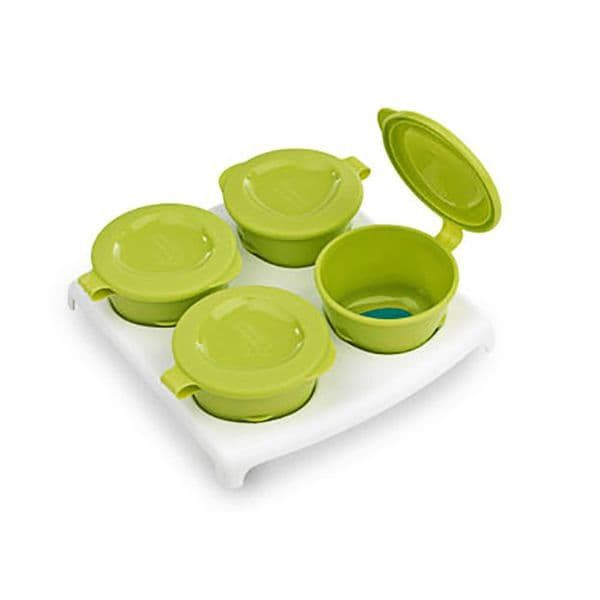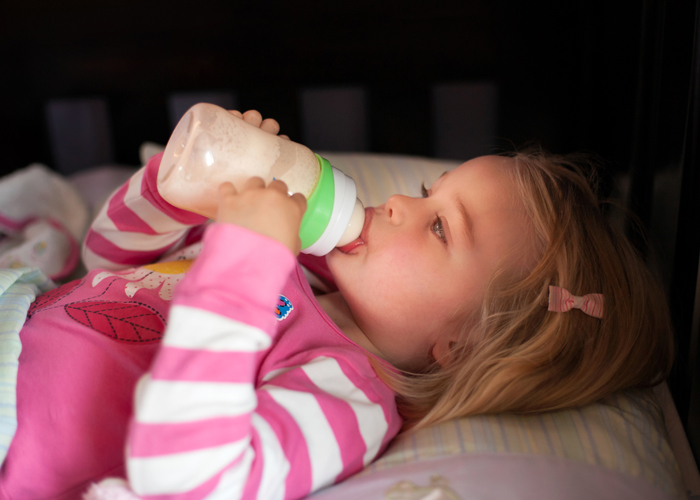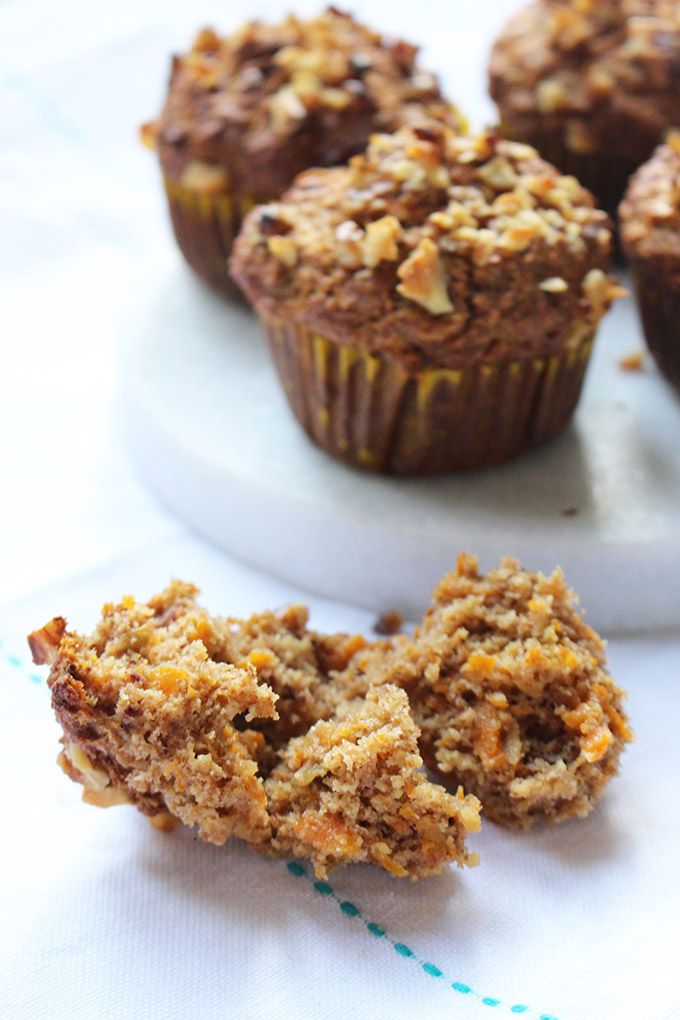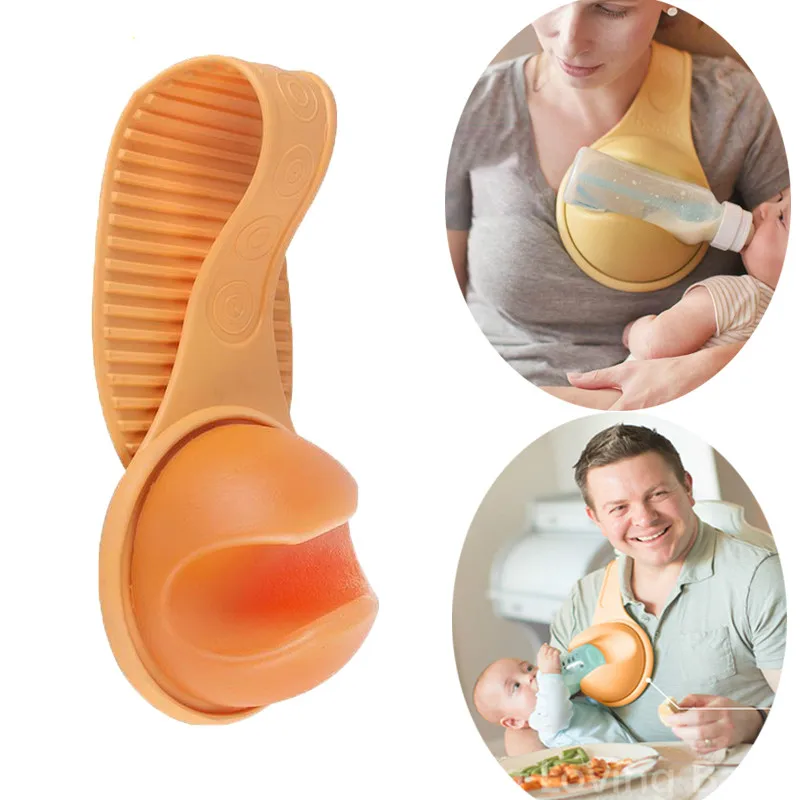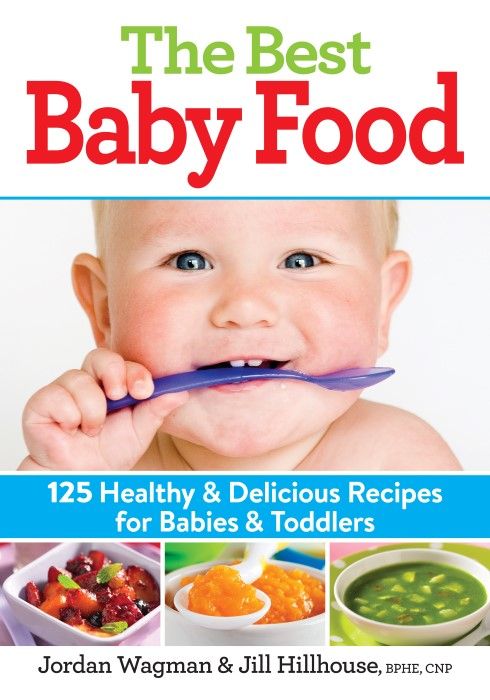Foods to avoid when breastfeeding baby
5 Foods to Limit or Avoid While Breastfeeding
Breast milk is incredibly nutritious. In fact, it provides most of the nutrients that your baby needs for the first 6 months of life (1, 2).
While the composition of breast milk is tightly regulated by your body, research has shown that what you eat does have some effect on the contents of breast milk (3, 4).
In general, no foods are off-limits. Instead, women are recommended to eat a balanced, varied diet. Still, there are some foods and beverages that you may want to limit while breastfeeding.
Here are 5 foods to limit or avoid while breastfeeding, as well as tips for how to tell if your diet is affecting your baby.
Fish is a great source of docosahexaenoic acid (DHA) and eicosapentaenoic acid (EPA) — two types of omega-3 fatty acids that are important for brain development in infants, yet can be hard to find in other foods (5).
However, some fish and seafood can also be high in mercury, a metal that can be toxic — especially in infants and kids, who are more sensitive to mercury poisoning (6, 7).
Acute exposure to high levels of mercury can permanently affect your infant’s central nervous system. As a result, they may have delays or impairments in (6, 8):
- cognition
- fine motor skills
- speech and language development
- visual-spatial awareness
Therefore, fish that are high in mercury should be avoided while breastfeeding. Examples include (9):
- bigeye tuna
- king mackerel
- marlin
- orange roughy
- shark
- swordfish
- tilefish
To ensure adequate omega-3 intake while reducing the risk of mercury poisoning, mothers who breastfeed are recommended to avoid high mercury fish and instead consume 8–12 ounces (225–340 grams) of low mercury fish per week (9).
summaryDue to concerns over mercury poisoning in infants, women who are breastfeeding should avoid fish that are high in mercury, such as shark, swordfish, and bigeye tuna.
The use of herbs and spices like cumin or basil to season food is considered safe during breastfeeding.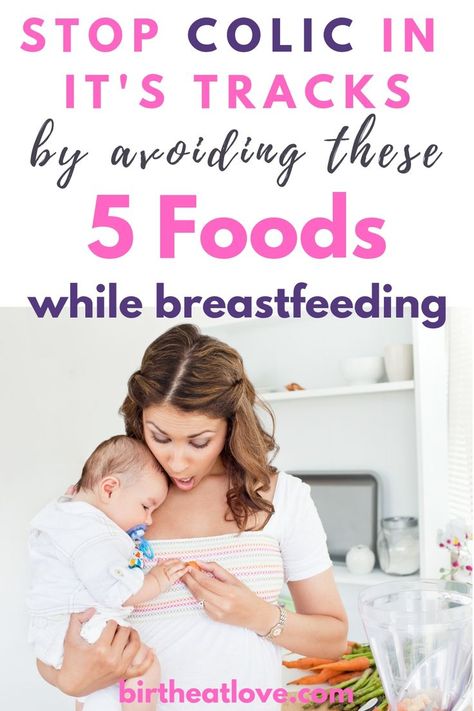
However, when it comes to herbal supplements and teas, there are some concerns about safety, as there’s a lack of research in women who are breastfeeding (10, 11).
Additionally, because herbal supplements aren’t regulated by the Food and Drug Administration (FDA) in the United States, there’s also the potential for these supplements to be contaminated with potentially dangerous heavy metals (10, 11).
While many women try supplements to help increase milk supply, there’s overall limited evidence on their effectiveness, with most studies finding no difference in breast milk production compared with a placebo (12).
It’s best to speak with your healthcare provider before trying out a supplement.
summaryAs most herbal supplements haven’t been evaluated for their safety during breastfeeding, it’s recommended to talk with your healthcare provider before using any supplements or herbal teas.
According to the Centers for Disease Control and Prevention (CDC), abstaining from alcohol is the safest option during breastfeeding. However, an occasional drink is likely safe, as long as you’re cautious about the amount and timing (13).
However, an occasional drink is likely safe, as long as you’re cautious about the amount and timing (13).
How much alcohol your baby can get from breast milk depends on how much alcohol you consumed and when you consumed it. Research shows that the amount of alcohol in breast milk peaks 30–60 minutes after your last drink (14).
Plus, alcohol can remain in your system for up to 2–3 hours. This is just for one drink — the more alcohol you have, the longer it can take to be cleared from your system (14).
As a result, the CDC recommends limiting alcohol to just one standard drink per day and waiting at least 2 hours after that drink to breastfeed (13).
One standard drink is equivalent to (15):
- 12 ounces (355 mL) of beer
- 5 ounces (125 mL) of wine
- 1.5 ounces (45 mL) of hard alcohol
High levels of alcohol consumption have been shown to reduce breast milk output by 20%. (14)
Moreover, frequent, excessive alcohol intake during breastfeeding has been linked to an increased risk of disrupted sleep patterns, delay in psychomotor skills, and even cognitive delay later in life (13, 14, 16, 17).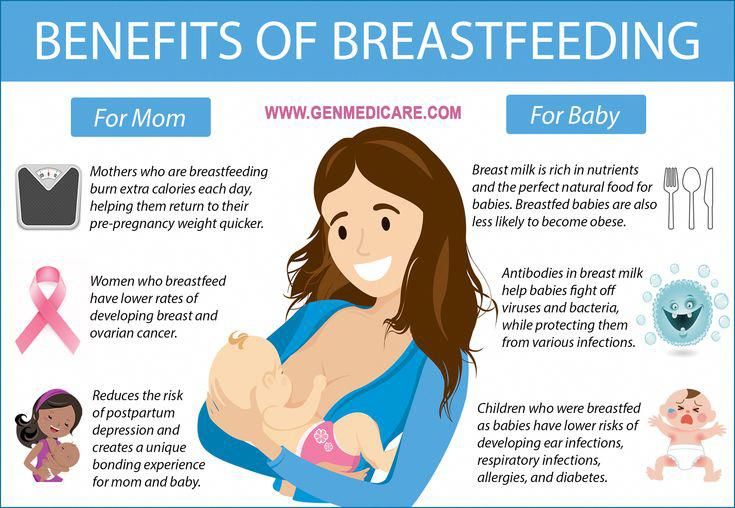
summaryWomen who are breastfeeding are recommended to limit alcohol to one drink or less per day and to wait at least 2 hours before breastfeeding. Frequent and excessive alcohol intake can reduce milk production and have serious effects on your baby.
Coffee, soda, tea, and chocolate are common sources of caffeine. When you consume them, some of that caffeine can end up in your breast milk (18, 19).
This can be problematic, as babies have a hard time breaking down and getting rid of caffeine. As a result, large amounts of caffeine over time could accumulate in your baby’s system, causing irritability and trouble sleeping (19, 20).
According to the CDC, mothers who are breastfeeding are recommended to consume no more than 300 mg of caffeine per day, which is equivalent to two or three cups of coffee (18).
As energy drinks often contain added vitamins and herbs, in addition to high amounts of caffeine, women who are breastfeeding are recommended to avoid these products unless otherwise approved by a trusted healthcare provider (21).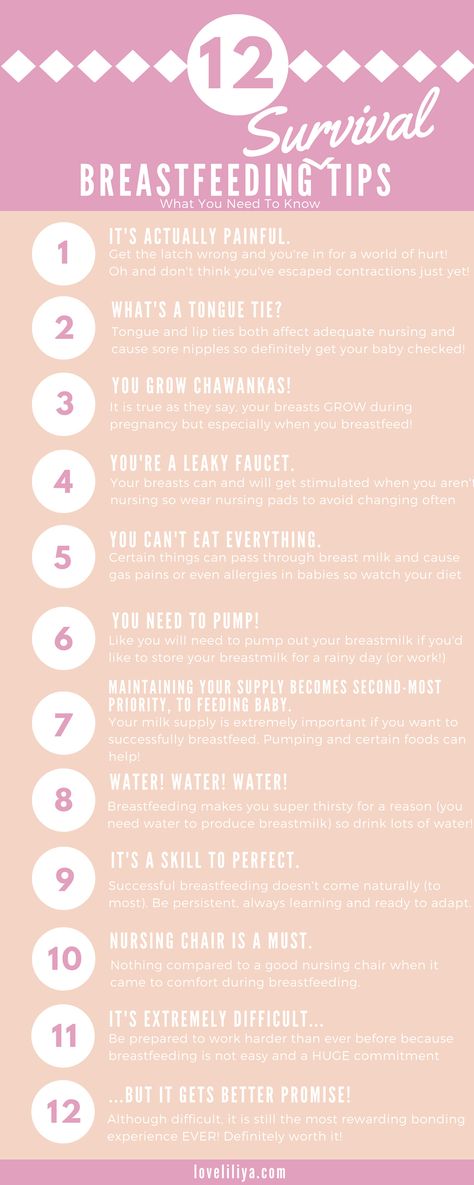
summaryDuring breastfeeding, women are recommended to limit caffeine intake to 300 mg per day or less to prevent irritability and disrupted sleep patterns in your infant.
To meet the increased nutrient demands of breastfeeding, it’s incredibly important that you eat a healthy, balanced diet (22).
As highly processed foods are generally high in calories, unhealthy fats, and added sugars, yet low in fiber, vitamins, and minerals, it’s recommended to limit their intake as much as possible.
Early research has also suggested that a mother’s diet while breastfeeding may influence her child’s diet later in life (23, 24, 25).
Specifically, animal studies have found that flavors infants are exposed to through breast milk can influence their food preferences as they grow up (26).
One study observed that rats born to mothers with a high junk food diet were significantly more likely to prefer high fat, high sugar foods than those whose mothers had a balanced, healthy diet (27).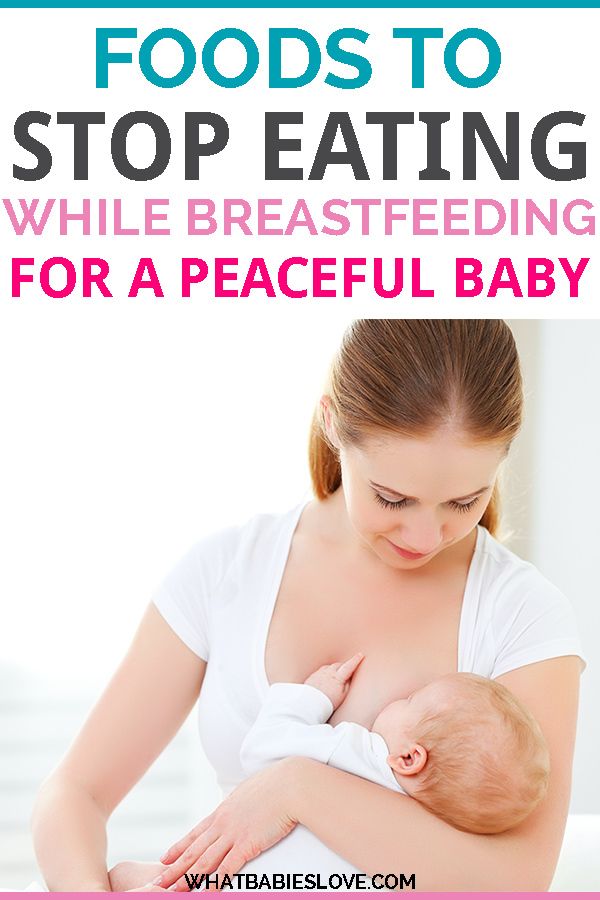
While more research is needed in humans, there’s a concern that frequent exposure to fatty, sugary foods as an infant may lead to less healthy eating habits and obesity as the child ages.
summaryAs highly processed foods are generally low in essential nutrients and may affect your child’s food preferences later in life, it’s recommended that breastfeeding moms limit their intake of foods that are high in added sugars and processed fats.
As flavors of foods and beverages end up in your breast milk, some moms find that strongly flavored foods like onion, garlic, or spices cause their babies to refuse to feed or become fussy after eating (28, 29).
While there’s no evidence to suggest that all mothers should avoid strongly flavored foods, if you notice changes in your baby’s feedings, it’s important to talk with your dietitian or pediatrician about eliminating certain foods or spices from your diet (29, 30).
Other potential food groups that may need to be avoided during breastfeeding include cow’s milk and soy products.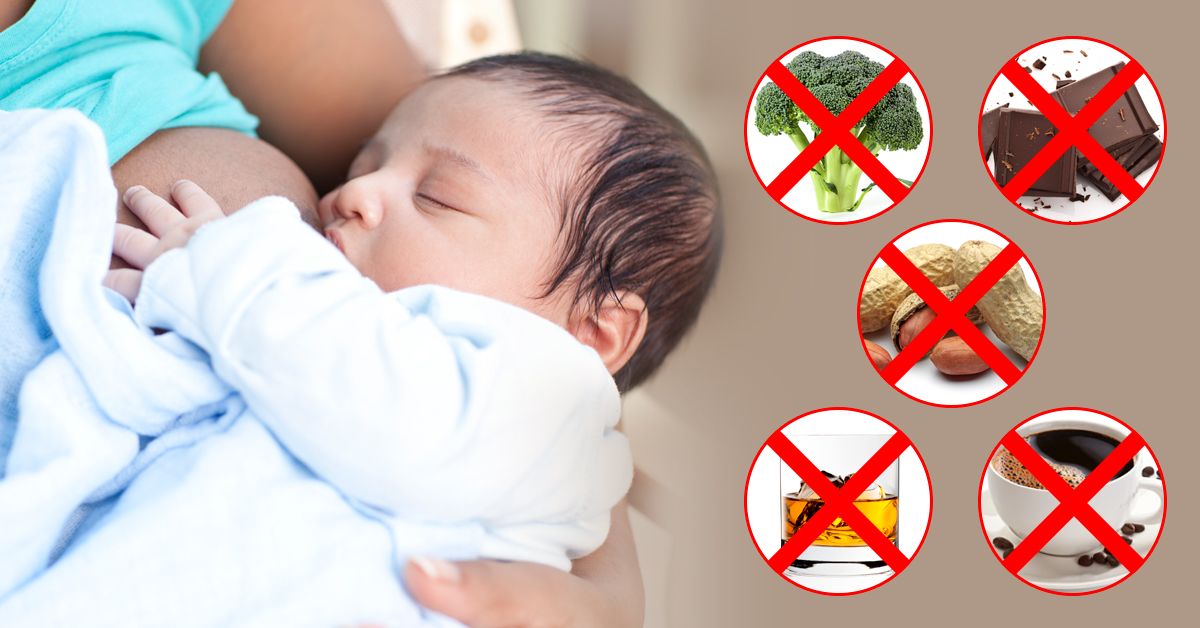
Approximately 0.5–2% of breastfed infants may be allergic to cow’s milk protein from their mother’s milk, while 0.25% may be allergic to soy protein (31, 32, 33, 34).
If your pediatrician suspects that your baby may have an allergy to milk or soy, it’s recommended to exclude all cow’s milk or soy protein from your diet for 2–4 weeks if you want to continue breastfeeding (35).
summarySome babies may be more sensitive to strongly flavored foods or have an allergy to cow’s milk or soy protein. In these cases, it’s important to talk with your pediatrician before eliminating foods from your diet.
Every baby is different. However, there are some common signs that your diet may be affecting your baby, including (36, 37):
- eczema
- bloody stools
- vomiting
- diarrhea
- hives
- constipation
- wheezing
- congestion
- abnormal fussiness
- excessive gas
- anaphylaxis — while rare, it’s important to seek immediate medical attention
If your baby exhibits any of these symptoms, it could be a sign that your baby is allergic or intolerant to a food in your diet.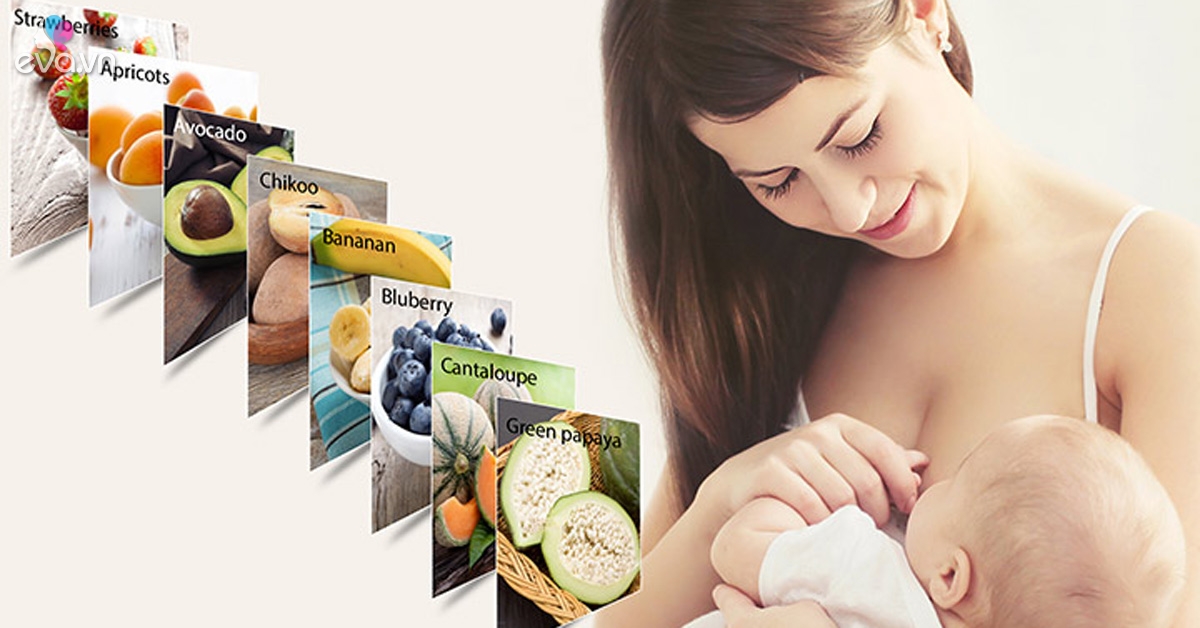 It’s important to make an appointment with your pediatrician, as they can work with you to help identify the problematic food.
It’s important to make an appointment with your pediatrician, as they can work with you to help identify the problematic food.
For some food allergies, you may be instructed to cut out any suspected allergens for 2–4 weeks to see if symptoms subside.
Keep in mind that though your baby may have intolerances or allergies as an infant, they may still be able to tolerate those foods as they get older. Consult your pediatrician before adding foods back into your diet or your child’s (38).
summarySymptoms like eczema, bloody stools, diarrhea, and congestion can indicate a food allergy or intolerance in your infant. It’s important to work with your pediatrician to identify which food(s) may be affecting your baby.
Breastfeeding provides essential nutrients for your growing infant.
While most foods that were off-limits during pregnancy are back on the menu, there are some foods and beverages that may not be tolerated by or have negative effects on your baby.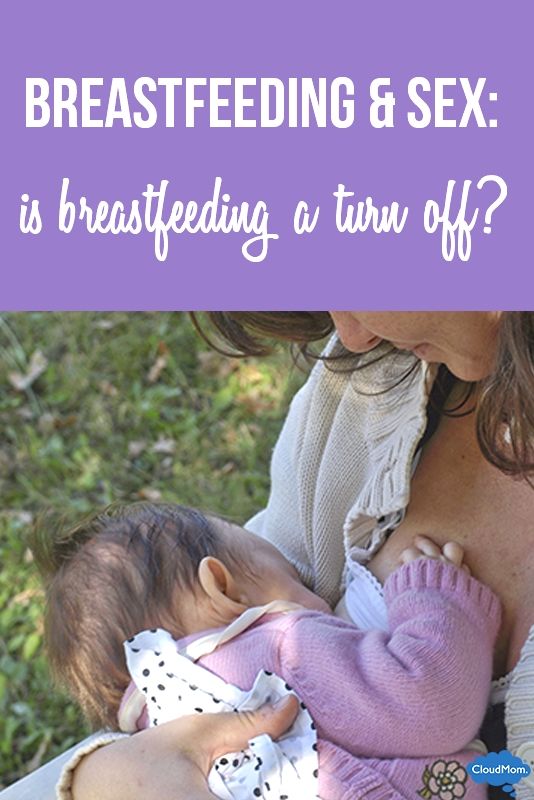
While it’s recommended to completely avoid fish high in mercury and some herbal supplements, foods like alcohol, caffeine, and highly processed products can still be consumed but in limited amounts.
If your baby has symptoms like eczema or bloody stools, it may be due to something in your diet. It’s important to share your concerns with your pediatrician before making any sudden dietary changes.
Foods to Eat or Avoid When Breastfeeding
Reviewed by Poonam Sachdev on June 26, 2022
It’s a good source of protein. Some, like salmon and tuna, also give you omega-3s, which your body needs. But what about mercury and other contaminants? You can have cooked seafood twice per week. Each serving can be up to 6 ounces, which is the size of two decks of cards. Choose types that are lower in mercury, such as salmon, tilapia, and trout. Avoid shark, swordfish, king mackerel, and tilefish, which have high levels of mercury.
Love hot sauce? Most babies can handle it and other fiery foods in your diet.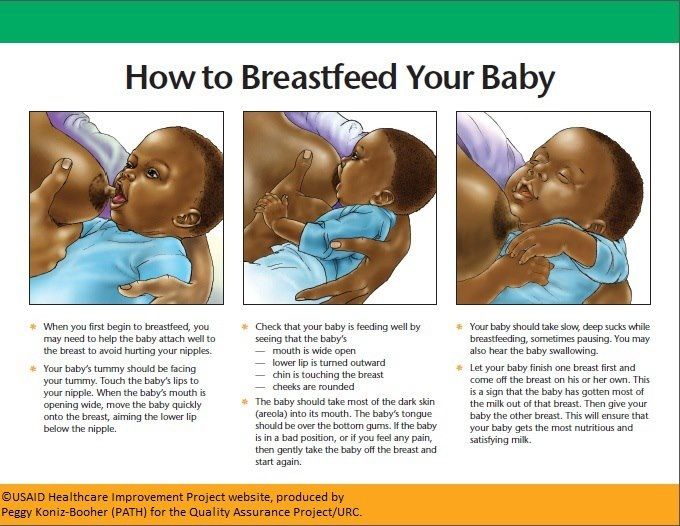 But if your little one is gassy or colicky and gets diarrhea every time you sprinkle red pepper flakes over your pizza, cut back on the heat for a few weeks to see if that helps.
But if your little one is gassy or colicky and gets diarrhea every time you sprinkle red pepper flakes over your pizza, cut back on the heat for a few weeks to see if that helps.
They’re full of flavor. But some herbs may affect how much milk your body makes. For instance, eating a lot of parsley could curb lactation. And too much sage and peppermint may cut your milk supply. For some nursing moms, even peppermint-flavored toothpaste and candies are a problem.
It’s rarely a problem. But see how your baby does. Tell your pediatrician if your tot gets skin problems, has trouble breathing after breastfeeding, or has other symptoms.
As refreshing as your cup of chai or Earl Grey may be, it has some downsides. It’s got caffeine, which can affect your sleep – and your baby’s. It may also make it harder for your body to absorb iron, which you need for energy. If you drink hot or iced tea, try not to sip it when you eat foods that are rich in iron, such as lean meat; dark, leafy greens; and fortified breakfast cereals.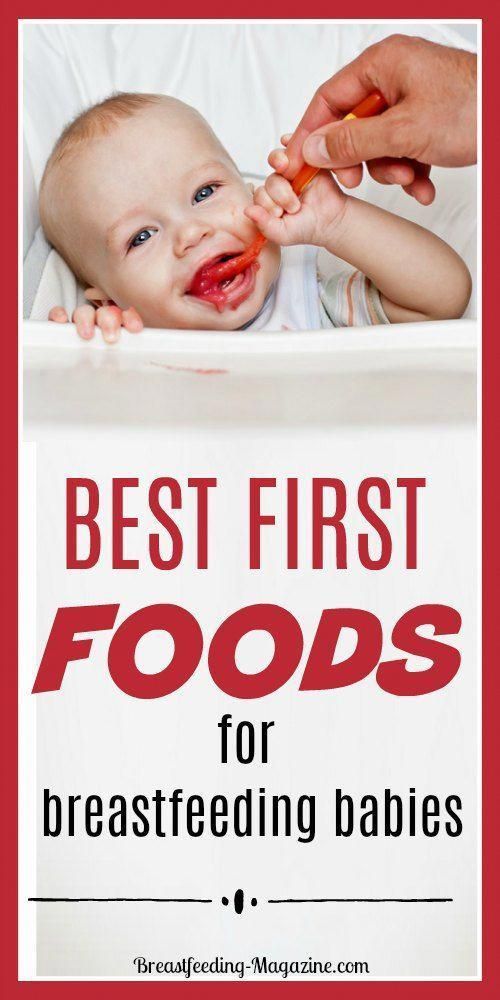
What if you aren’t allergic, and you want to prevent your baby from developing an allergy? Sorry, but there’s no proof that you can do that by skipping specific foods. Cutting certain foods out of your diet may make the skin condition eczema less likely for your little one. Ask your doctor or pediatrician for advice.
Breastfeeding can make you thirstier than you usually are. If that’s the case, drink a glass of water every time you breastfeed. But no matter how parched you feel, don’t go for regular sodas or fruit drinks, which give you calories without nutrition.
It's best for your baby if you don't have any booze at all. But if you do choose to drink, don’t breastfeed until the alcohol has completely cleared your milk. For 12 ounces of beer, 5 ounces of wine, or 1.5 ounces of liquor, wait at least 3 hours. Pumping doesn’t speed that up.
Common culprits include beans, broccoli, cabbage, and Brussels sprouts. Bloating, burping, and passing gas are normal. But if your baby is gassy or has colic, avoid these foods for a few weeks to see whether they relieve the symptoms.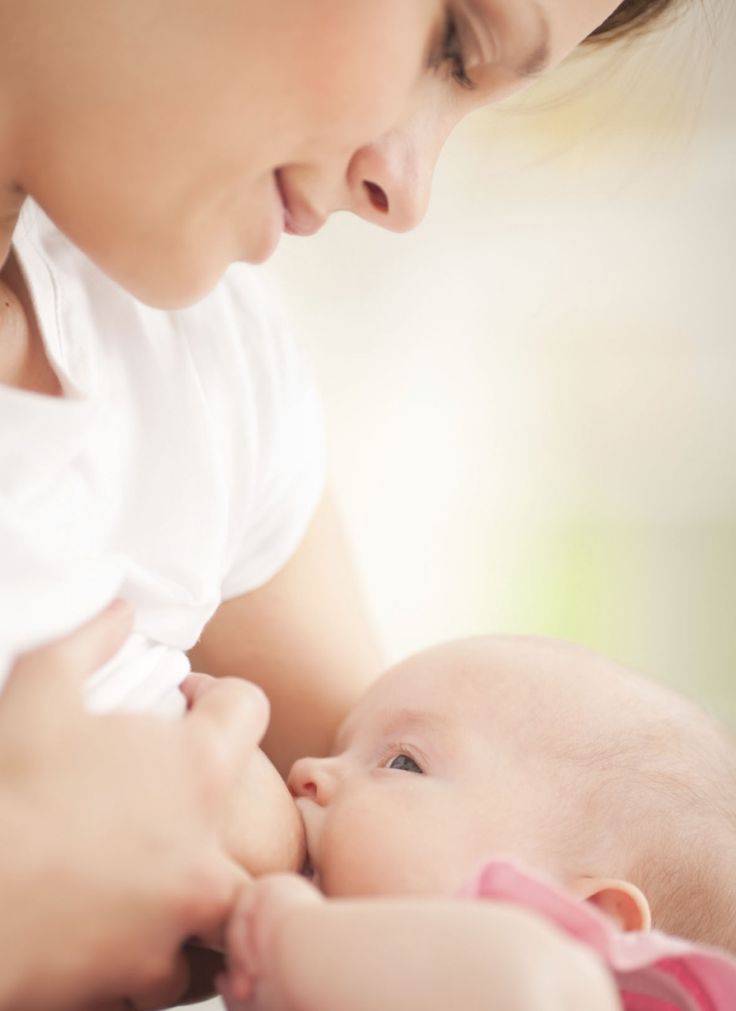
Both have caffeine. You’ll also find it in energy drinks and cola. If you’re lost without your latte, limit yourself to 2-3 cups per day of the brewed kind. Or you could switch to decaf.
IMAGES PROVIDED BY:
1) Getty
2) Getty
3) Getty
4) Getty
5) Getty
6) Getty, iStock
7) Getty
8) Getty
9) Getty
10) Getty
SOURCES:
Mayo Clinic.
The Children's Hospital of Philadelphia.
La Leche League.
The American Academy of Pediatrics.
U.S. Department of Agriculture.
© 2022 WebMD, LLC. All rights reserved. View privacy policy and trust info
Nutrition rules for breastfeeding.
Table of contents
- What should be kept in mind during breastfeeding?
- What is contraindicated for women during breastfeeding?
- What foods should be avoided during breastfeeding?
- Featured Products
Disclaimer
Please note that all information posted on the site Prowellness is provided for informational purposes only and is not a personal program, a direct recommendation for action, or medical advice.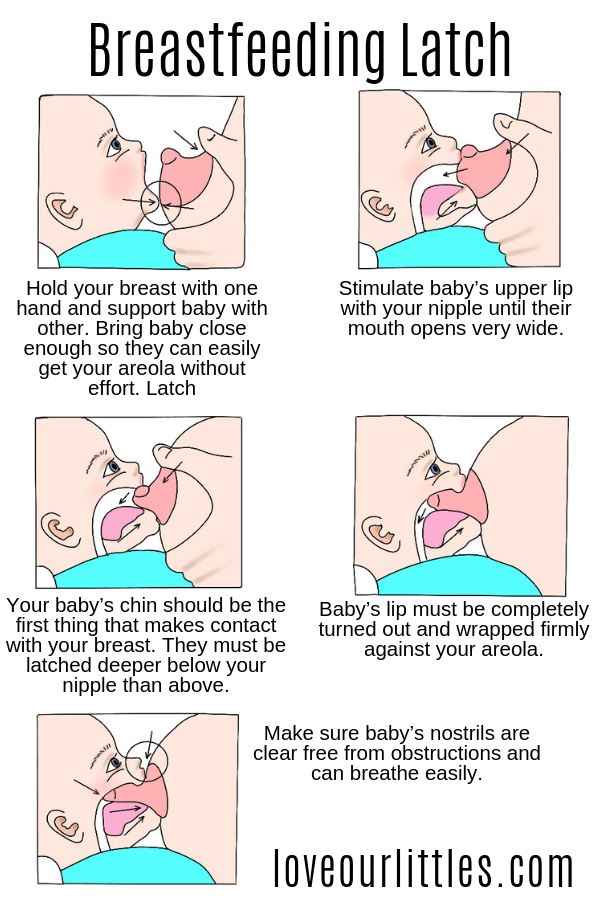 Do not use these materials for diagnosis, treatment, or any medical procedure. Consult your physician before using any technique or using any product. This site is not a specialized medical portal and does not replace the professional advice of a specialist. The Site Owner is not liable to any party who has suffered indirect or direct damage as a result of misuse of materials posted on this resource.
Do not use these materials for diagnosis, treatment, or any medical procedure. Consult your physician before using any technique or using any product. This site is not a specialized medical portal and does not replace the professional advice of a specialist. The Site Owner is not liable to any party who has suffered indirect or direct damage as a result of misuse of materials posted on this resource.
Rules for breastfeeding.
During breastfeeding, the mother is responsible not only for herself, but also for the child, because her diet significantly affects the quality of milk. Taking into account the condition of the mother, recommendations are made about her nutrition during the breastfeeding period.
What do you need to remember about breastfeeding?
Many young mothers forget about the obvious things:
- Pregnancy and childbirth is a very serious test for the body. After them, the body needs restoration and replenishment of the necessary substances.
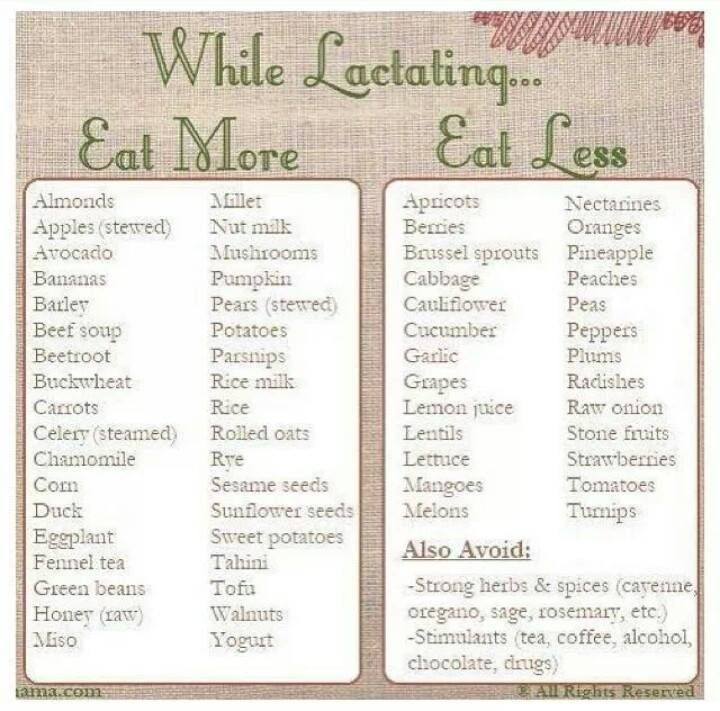 You cannot diet while breastfeeding and limit yourself to food.
You cannot diet while breastfeeding and limit yourself to food. - Foods that a mother eats should ensure the health of her and her baby, so it is important to focus on their quality.
- After childbirth, many women suffer from gastrointestinal dysfunction, so the food that enters the mother's body should be easily digested.
For young mothers, we recommend the Siberian Wellness complex - MAMA Box .
What is contraindicated for women during breastfeeding?
First of all, a woman on breastfeeding is contraindicated for harmful food addictions and habits:
- Drinking alcoholic beverages. The decay products of alcoholic beverages enter the mother's milk, poisoning the child's body and loading his liver. They are slowly excreted from the body of the baby, can cause severe intoxication.
- Smoking. Nicotine almost immediately penetrates into mother's milk, has a toxic effect on the child.
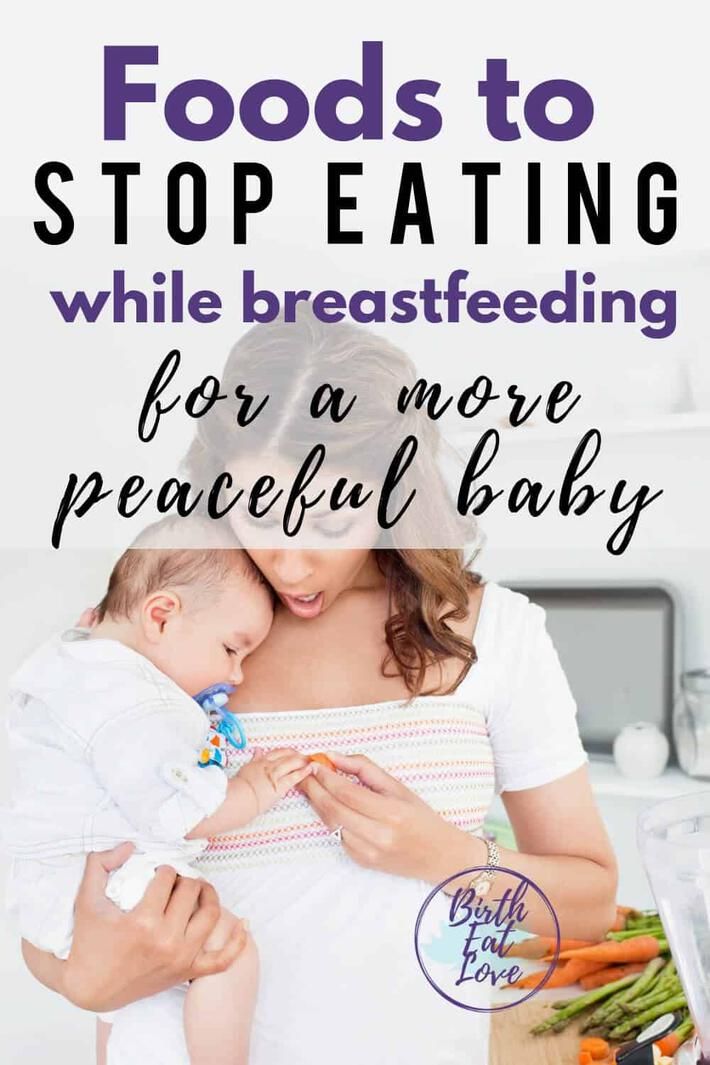
- Poor hygiene. If a nursing mother neglects the basic rules of hygiene, then sweat creates a comfortable environment for the development of pathogenic bacteria. A breastfeeding baby may develop sores, stomatitis, and other disorders in the mouth. This will make it difficult for him to feed.
- Deodorants, perfumes, other strong-smelling substances. Their intense smell can provoke the baby to refuse the breast.
- Stress, anxiety, increased nervousness. Any nervous shocks lead a nursing woman to the fact that her lactation worsens. Being in a situation of constant nervous stress leads to the fact that the mother’s milk completely disappears.
What foods should be avoided during breastfeeding?
List of prohibited products for HB:
- Carbonated soft drinks. Sugar, sweeteners, dyes and a large amount of carbon dioxide will cause colic and diathesis in the baby.
- Fatty meat, any kind of fat. Such food is considered heavy due to the large amount of fatty acids.
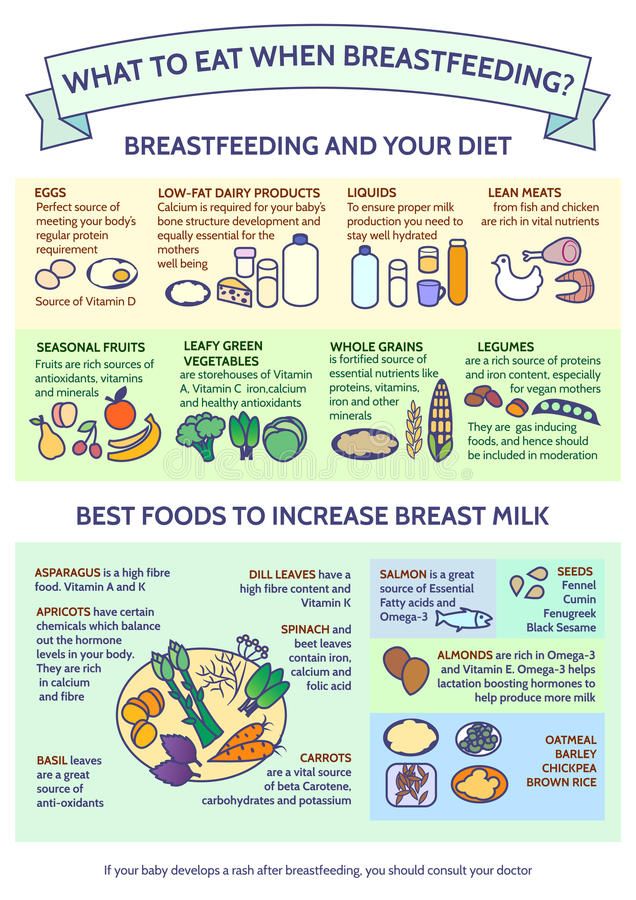 It will be very difficult for a child to digest it, stomach upsets are possible in the first months of life.
It will be very difficult for a child to digest it, stomach upsets are possible in the first months of life. - Smoked meat, fish, sausage. For smoking, smoke and many harmful substances are used that will not benefit the baby.
- Fried foods. Under the influence of high temperatures during frying in oil, carcinogens are produced. Also in such products most of the nutrients are destroyed. It is worth giving preference to steaming or boiling.
- Fast food. It contains a lot of carbohydrates, fats, artificial additives and flavors.
- Mushrooms. This is a very heavy food, especially for a child. Doctors advise not to introduce mushrooms into the baby's diet until the age of 5.
- Citrus. They can provoke severe allergies in the crumbs.
- Seafood. Seafood is very useful, but causes allergies, so at first it is better to refuse them.
- Red vegetables and fruits. They can provoke dry skin, itching, peeling in the baby.
- Condiments, including onions and garlic.
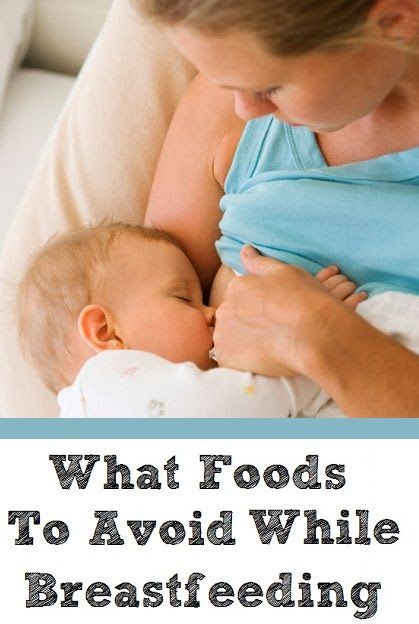 They can cause allergies. The baby will most likely refuse milk, as it will smell specific.
They can cause allergies. The baby will most likely refuse milk, as it will smell specific.
Especially for the smallest Siberian Wellness has developed a line of care cosmetics Vitamama BABY. Gentle hypoallergenic baby soap-foam based on chamomile and pine water gently cleanses your baby's skin, keeping it soft and moisturized. Chamomile and lavender oils prevent dryness and irritation of the skin.
And the Baby cream based on chamomile water with panthenol, developed in the same series, gently moisturizes your baby's skin. Essential oil of blue chamomile relieves irritation, alleviates the condition with urticaria, diathesis and insect bites, and arnica flower extract helps to resolve bruises and heal scratches
Attention! Chocolate is an allergenic product, you will also have to forget about it for the period of breastfeeding.
Mothers who feed their baby with breast milk need to be careful when choosing products, carefully monitor the condition of the child, and adjust the diet in time.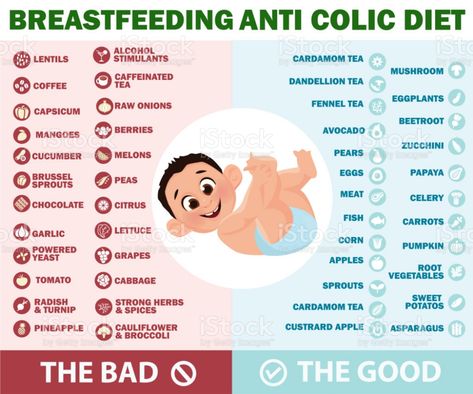
Disclaimer
Please note that all information posted on the site Prowellness is provided for informational purposes only and is not a personal program, a direct recommendation for action, or medical advice. Do not use these materials for diagnosis, treatment, or any medical procedure. Consult your physician before using any technique or using any product. This site is not a specialized medical portal and does not replace the professional advice of a specialist. The Site Owner is not liable to any party who has suffered indirect or direct damage as a result of misuse of materials posted on this resource.
Expert: Ekaterina Podvalenchuk Expert in the field of proper nutrition and health
Reviewer: Ekaterina Vorobieva Adept of a healthy and active lifestyle
What to eat while breastfeeding | Breastfeeding Diet
You know that breast milk is the best food for your baby. What about your own nutrition while breastfeeding? We asked the nutritionist a few questions about the nutrition of a nursing mother.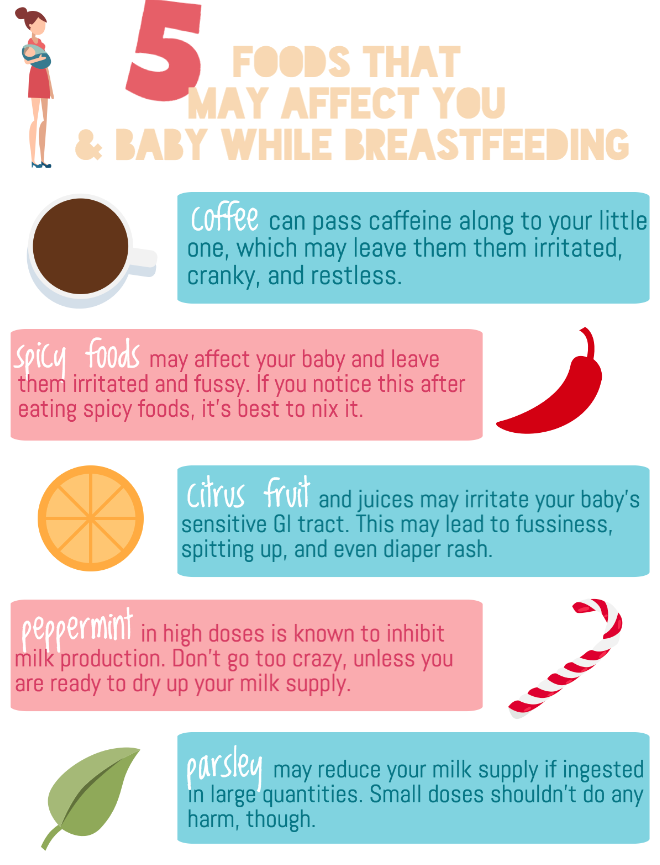
Share this information
Priya Tew, UK-based registered dietitian :
Priya is a nutritionist, M.D., multi-award winning member of the British Dietetic Association and the Health Professions Council. She has three children, and she breastfed each of them for up to 18 months.
There is no need to follow a special diet while breastfeeding, as long as your diet is balanced. It should include plenty of fruits and vegetables, whole grains such as oats, brown rice, various cereals, and breads labeled "whole grain", "wholemeal" or "wholemeal". These foods, along with potatoes, pasta, and couscous, are high in starch, an important source of energy.
In addition, you need lean proteins found in chicken, eggs, legumes, lentils, fish, and lean beef, as well as healthy fats found in olive oil, nuts, seeds, avocados, and fatty fish such as salmon and mackerel. Oily fish is very good for your health and development of your baby, but you should not eat more than two servings per week (about 140 g), as it may contain harmful impurities.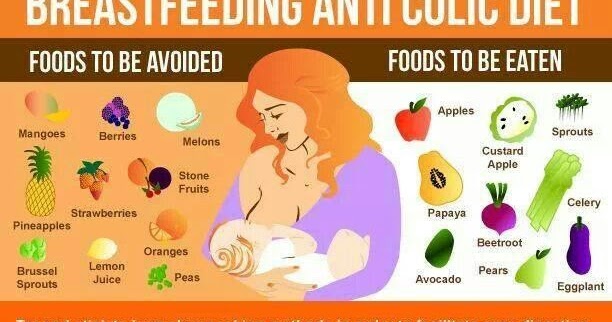 1
1
Should I take vitamins while breastfeeding?
The most important is vitamin D. It is essential for healthy bones, yours and your baby's. We get most of this vitamin from the sun. If you live in a region with insufficient solar activity, especially in winter, your body may lack it. In this case, the doctor may advise taking vitamin D supplements. 2
You also need to get enough calcium, as it is excreted from the body during breastfeeding. 3 Try to eat four servings of foods rich in this mineral a day. These can be dairy products such as milk, yogurt, and cheese, or non-dairy products such as nuts, tofu, sesame seeds, and leafy vegetables. One serving may consist of, for example, half a cup of green vegetables or a small piece of cheese (50 g).
What foods should I avoid while breastfeeding?
The good news is that you can eat almost anything while breastfeeding. Only the consumption of oily fish should be limited.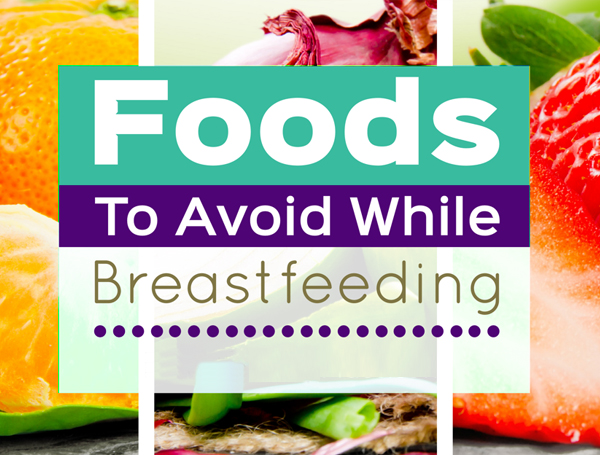 In small quantities, even caffeine is acceptable - more on this below.
In small quantities, even caffeine is acceptable - more on this below.
If you are not allergic to peanuts, there is no reason to deny yourself products that contain peanuts. Recent studies show that if you eat peanuts while breastfeeding and gradually introduce them into your baby's diet during the first year, your baby will be less likely to become allergic to them in the future. 4
Are extra calories needed while breastfeeding?
Breastfeeding mothers need about 500 more calories per day. 5 But every mother is unique and your energy needs will change throughout your breastfeeding period. The number of calories you need depends on your baby's age, appetite, height, and weight, as well as your body mass index (BMI), your activity, and factors such as whether you are exclusively breastfeeding or not, and whether you are breastfeeding twins or multiple babies.
Can I go on a diet while breastfeeding?
Trying to lose weight while breastfeeding is not a good idea because you need to get enough nutrients for you and your baby.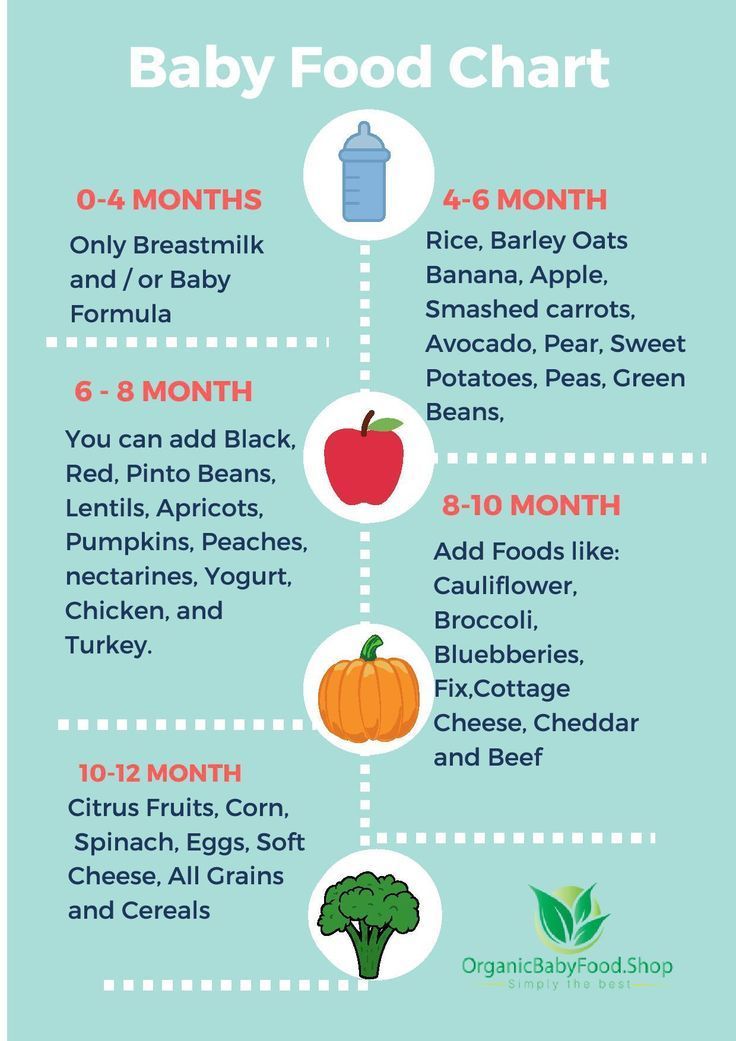 The fat accumulated during pregnancy is used to produce milk, so breastfeeding in itself will help you shed those extra pounds.
The fat accumulated during pregnancy is used to produce milk, so breastfeeding in itself will help you shed those extra pounds.
If your weight changes by more than 1 kg per week, check if you are eating a healthy and balanced diet and adjust if necessary. You can also ask your doctor for advice.
How can I find time to prepare healthy meals?
Having devoted yourself to feeding a child, you can forget about your own nutrition. However, it is important to ensure that your diet does not consist only of sweets and cookies. Of course, sweet snacks are easy and quick, but they do not bring any benefit to your body.
Opt for quick yet nutritious meals like scrambled eggs with spinach or fried chicken with brown rice. Oatmeal is great for breakfast, as it provides a slow release of energy from grains and soluble dietary fiber, which is what you need to restore strength in the morning after a night of breastfeeding.
Store pre-cut fruits and vegetables in the refrigerator for light snacks, or carry unsalted nuts in your bag.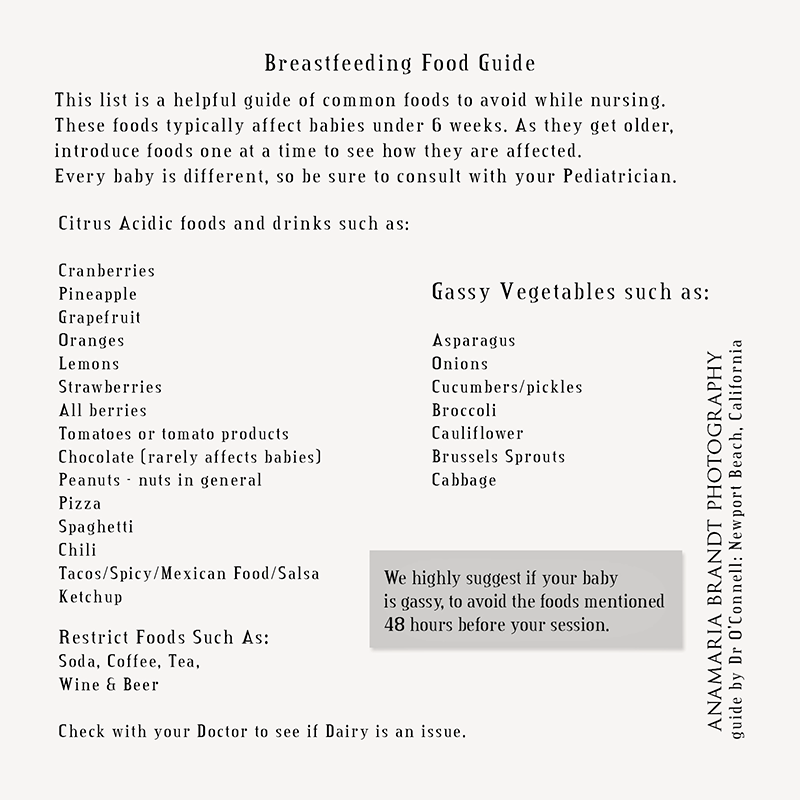 It's much easier than peeling tangerines with one hand while holding a baby with the other.
It's much easier than peeling tangerines with one hand while holding a baby with the other.
Should I drink more water while breastfeeding?
Breastfeeding can make you thirsty, so it's important to drink enough water. A person needs six to eight glasses of fluid a day, and even more if breastfeeding. 6 Make it a habit to drink a glass of water, milk or fruit juice without sugar every time you feed your baby.
I love coffee. Do I need to quit caffeine?
Coffee, like everything you eat or drink, passes into your breast milk, so it is advisable to limit your intake while breastfeeding. Legal coffee limits vary by country, but the average recommendation is not to exceed 200-300 mg of caffeine per day (300 mg is equivalent to two cups of filtered coffee or four cups of tea). Talk to your doctor about the acceptable amount of coffee consumption for you. Also, don't forget that caffeine is found in cola and energy drinks, and a small bar of dark chocolate can contain up to 50 mg.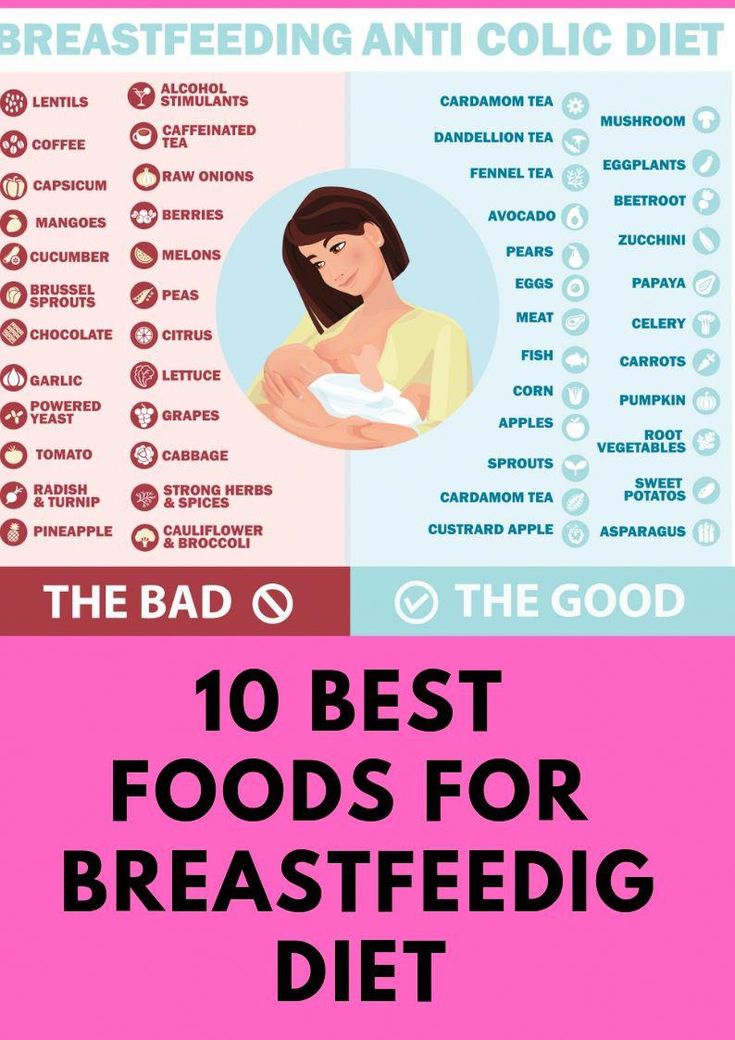 7
7
If I eat a varied diet, will my baby be less picky about food?
Breast milk has the flavor of everything you eat. 8 Therefore, if you eat a variety of foods during breastfeeding, giving your baby different tastes to try, he may like them in the future.
If you like spicy and spicy foods, there is no reason to refuse them while breastfeeding. When my first child was born, I ate a lot of spicy food. When my daughter was two years old, we went to Sri Lanka, coincidence or not, but she ate absolutely everything.
Is there anything in my diet that is not suitable for a child?
Babies often suffer from colic or are picky eaters at an early age, so mothers naturally wonder if their diet is causing this. Probably not. Studies show that the proportion of children who are allergic to any component of breast milk is only slightly more than 1%. 9 Cow's milk, eggs, corn, and soy proteins in moms' diets are much more likely to cause allergic reactions than spicy foods, hot sauces, or cruciferous vegetables, which moms usually worry about.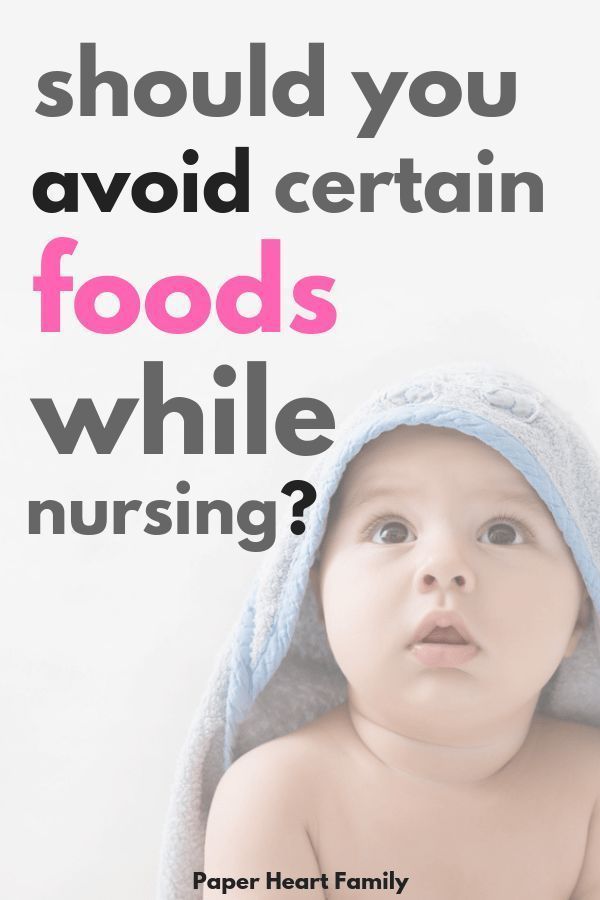
If your baby is allergic to substances in your milk, it can cause profuse vomiting, rash, bloody stools, or prolonged constipation. If your baby has an intolerance to any food, you will notice symptoms such as moodiness and crying after feeding, burping, diarrhea, or the baby will press his knees to his chest. Contact your doctor if something is bothering you. He may suggest eliminating certain foods for a couple of weeks, and then see if the child's behavior changes after eating them again.
You can also keep a food diary: write down everything you eat and drink, as well as your child's symptoms, and you may notice some patterns. However, before cutting out any foods, such as dairy, always check with your doctor, as it's important to know that you're getting the nutrients you need from other sources. Depending on where you live, you will be referred to a nutritionist or other specialist.
Does a vegetarian diet affect breast milk?
If you are getting enough calories and all the nutrients your body needs (carbohydrates, proteins, fats, vitamins and minerals), then you have nothing to worry about.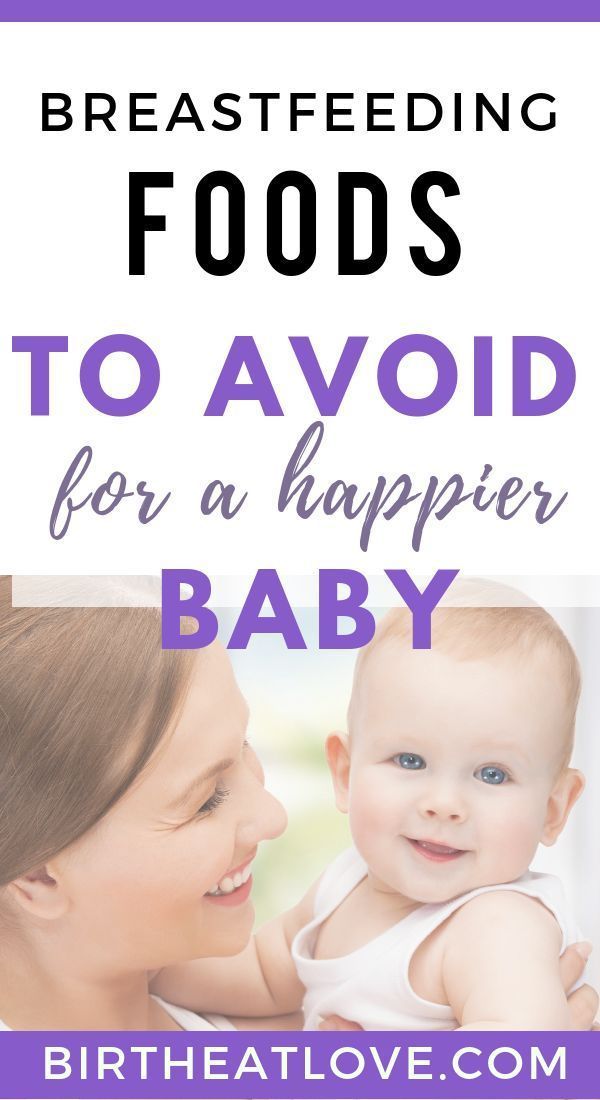 A vegetarian or vegan diet requires plenty of vitamin B12, vitamin D, calcium, and omega-3 fatty acids while breastfeeding, so opt for foods and supplements that provide you with these essential nutrients.
A vegetarian or vegan diet requires plenty of vitamin B12, vitamin D, calcium, and omega-3 fatty acids while breastfeeding, so opt for foods and supplements that provide you with these essential nutrients.
If you are on a vegetarian, vegan, macrobiotic, or other special diet, you may need additional medical advice to make sure you are getting all the nutrients your baby needs.
Literature
1 National Health Service (NHS) [Internet]. Burnley, UK: Department of Health; 2018. Should pregnant and breastfeeding women avoid some types of fish?; 2015 Jul 06 [cited 2018 Apr 12]; Available from: https://www.nhs.uk/chq/Pages/should-pregnant-and-breastfeeding-women-avoid-some-types-of-fish.aspx - National Health Service (NHS) [Internet]. Burnley, UK: Department of Health; 2018. "Should a pregnant and lactating woman refrain from eating certain types of fish?"; July 6, 2015 [cited April 12, 2018]; See article on site https://www.nhs.uk/chq/Pages/should-pregnant-and-breastfeeding-women-avoid-some-types-of-fish. aspx
aspx
2 Oberhelman SS et al. Maternal vitamin D supplementation to improve the vitamin D status of breast-fed infants: a randomized controlled trial. Mayo Clin Proc. 2013;88(12):1378–1387. - Oberhelman S.S. et al., Introduction of Vitamin D to the Diet of Nursing Mothers to Increase Vitamin D in children: a randomized controlled trial. Mayo Clean Proc. 2013;88(12):1378–1387. : effects on the mother and the fetus. Am J Obstet Gynecol. 2006;194(4):937-945. - Thomas M., Weisman S.M., "Calcium supplementation during pregnancy and lactation: effects on the mother and on the fetus". Am J Obstet Ginekol (American Journal of Obstetrics and Gynecology). 2006;194(4):937-945.
4 Pitt et al . Reduced risk of peanut sensitization following exposure through breast-feeding and early peanut introduction.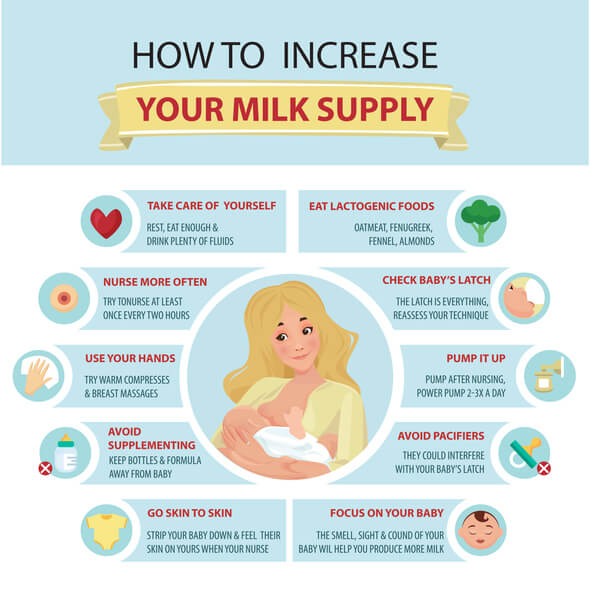 J Allergy Clinic Immunol. 2018;141(2):620-625. e 1 - Pitt et al., "Reducing the Risk of Peanut Allergy by Introducing Peanuts into the Breastfeeding Mother's Diet and as a Baby's First Food." J Allergy Clean Immunol. 2018;141(2):620-625.e1
J Allergy Clinic Immunol. 2018;141(2):620-625. e 1 - Pitt et al., "Reducing the Risk of Peanut Allergy by Introducing Peanuts into the Breastfeeding Mother's Diet and as a Baby's First Food." J Allergy Clean Immunol. 2018;141(2):620-625.e1
5 Dewey KG. Energy and protein requirements during lactation. Annu Rev Nutr. 1997 Jul;17(1):19-36. - Dewey K. J., "Energy and Protein Requirements During Lactation". Anna Rev Nutr . 1997 Jul;17(1):19-36.
6 Food Standards Agency (FSA) [Internet]. London, UK: Crown copyright 2002. Eating for breastfeeding; [cited 2018 Apr 13]; Available from: https://www.food.gov.uk - Food Standards Agency (FSA) [Internet]. London, UK: State Copyright 2002. "Eat to feed" [cited April 13, 2018]. See article on https://www.food.gov.uk
7 National Health Service (NHS) [Internet]. Burnley, UK: Department of Health; 2018. Breastfeeding and diet; 2016 Jan 29 [cited 2018 Apr 12]; Available from: https://www.nhs.uk/conditions/pregnancy-and-baby/breastfeeding-diet - National Health Service (NHS) [Internet]. Burnley, UK: Department of Health 2018. Breastfeeding and Diet; 29 January 2016 [cited 12 April 2018] See article https://www.nhs.uk/conditions/pregnancy -and-baby/breastfeeding-diet
8 Mennella JA et al. Prenatal and postnatal flavor learning by human infants. Pediatrics. A. et al., Prenatal and postnatal recognition of odors in children. Pediatrix (Pediatrics). 2001;107(6):e88.
9 Academy of Breastfeeding Medicine. ABM clinical protocol# 24: allergic proctocolitis in the exclusively breastfed infant. Breastfeed Med . 2011;6(6). - Academy of Breastfeeding Medicine. "AVM Clinical Protocol #24: Allergic Proctocolitis in an Exclusively Breastfed Child".


